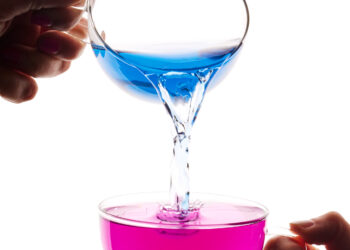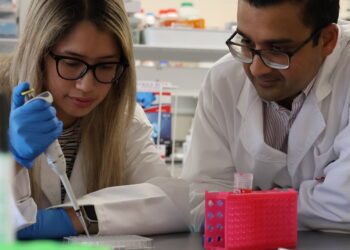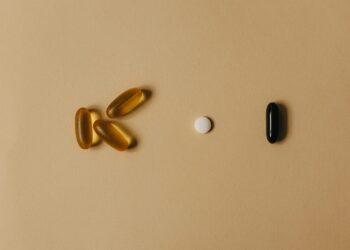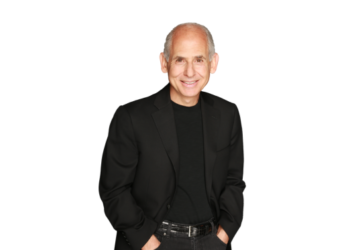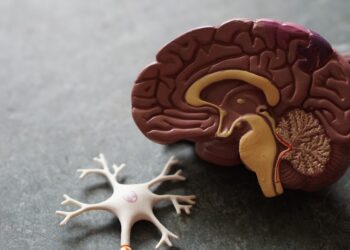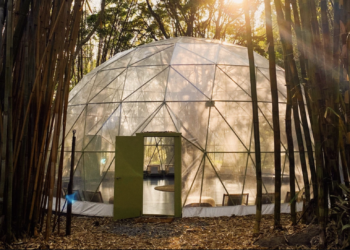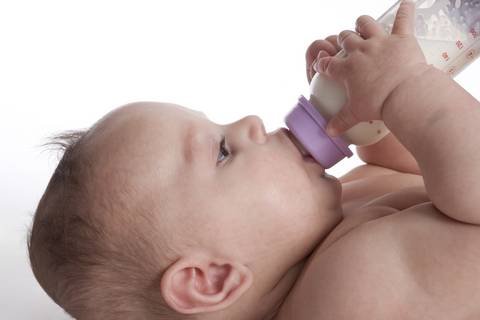 By Keeva Stratton
By Keeva Stratton
Bisphenol A, more commonly known as BPA, is a toxic chemical that has been linked to cancer, ADD, childhood obesity and autism. Already banned in Canada, France, Denmark and some parts of the US, Australia has yet to restrict its presence here, leaving us, and our children in particular, vulnerable to its adverse affects. We spoke to home health expert, Nicole Bijlsma, to learn more about this common threat.
RESCU: Why should we be worried about BPA?
Nicole Bijlsma: BPA is an endocrine (hormone) disrupting chemical, and has been linked to early puberty, breast and prostate cancers, impaired immune and brain function, obesity, diabetes, heart disease, hyperactivity and reproductive delays. Consequently, Canada, Denmark and France have banned it from baby products.
RESCU: What products commonly contain BPA?
Nicole Bijlsma: BPA is typically found in most polycarbonate plastics such as baby bottles, office water bottles, toys, pacifiers, teethers, dental fillings, CDs, DVDs, some electronics, as well as being used as an epoxy resin in food tins and lids. Of more concern is the amount of BPA-free plastics now on the market that contain BPS and BPF, which are showing to be stronger in their impact on the hormonal system than BPA.
RESCU: What tips do you have for avoiding BPA?
Nicole Bijlsma: Use glass, ceramics and stainless steel to store food and beverages in, only use glass baby bottles; avoid tinned food as much as you can (keep packaged food to a minimum and buy foods in glass containers).
RESCU: Who is most at risk from exposure?
Nicole Bijlsma: Foetus, babies and children. It is the timing of the exposure NOT the dose that determines how toxic it will be. Rat foetuses showed delayed reproductive development later in life when they were exposed to BPA at two weeks of age in utero. A woman doesn’t even know she’s pregnant then.
RESCU: Does temperature enhance the risk of BPA?
Nicole Bijlsma: Yes, all plastics degrade with heat. The higher the temperature the greater the rate of leaching.
Nicole Bijlsma is the author of Healthy Home Healthy Family, a naturopath and the founder of the Australian College of Environmental Studies. She has spent the last ten years researching the health hazards that exist in the home including plastics, which resulted in the material for her book.
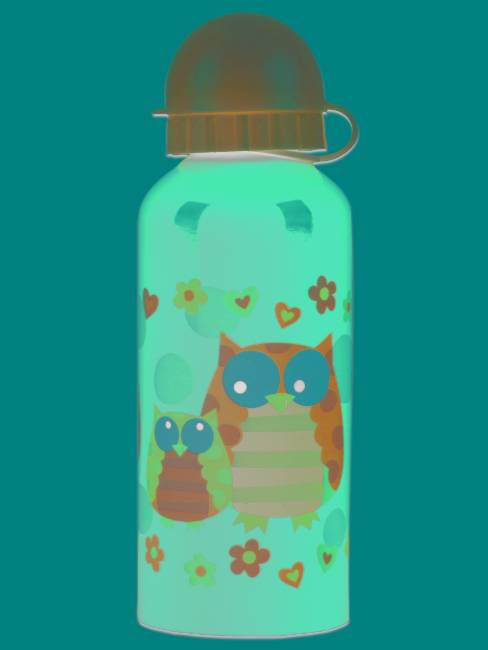
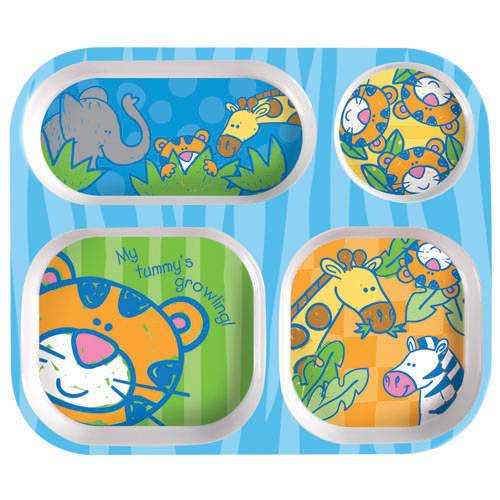 Safe Options
Safe Options
Frighteningly, one of the most common places that you will find BPA is in children’s drink bottles. Knowing this, Stephen Joseph products have designed a cute range of drink bottles so that your children can enjoy being safe. “We know how important it is for children to have good quality, safe accessories. Our stainless steel drink bottles and melamine toddler trays are BPA, PVC, lead and phthalate-free and have been comprehensively tested to make sure they’re safe for our kids. Stephen Joseph products will give parents peace of mind while also putting a smile on their child’s face,” says Kate Brownie, the Australian distributor of Stephen Joseph products.
To check out the gorgeous range of Stephen Joseph Products, visit: https://www.skeddadle.com.au/
To learn more about the dangers of BPA visit: https://www.buildingbiology.com.au/index.php/Biology/Plastics.html

